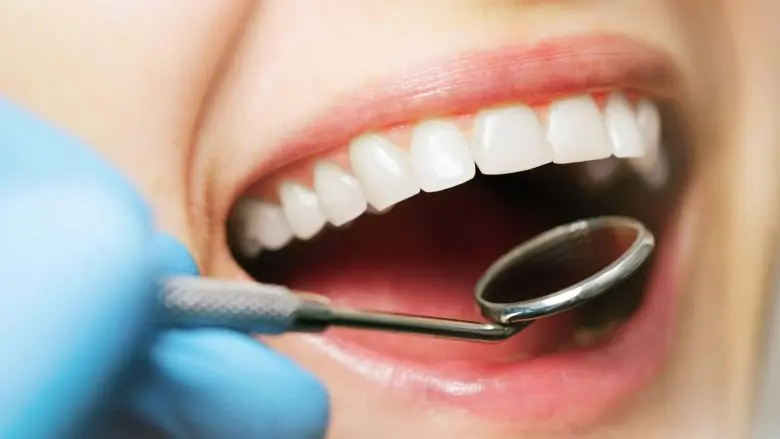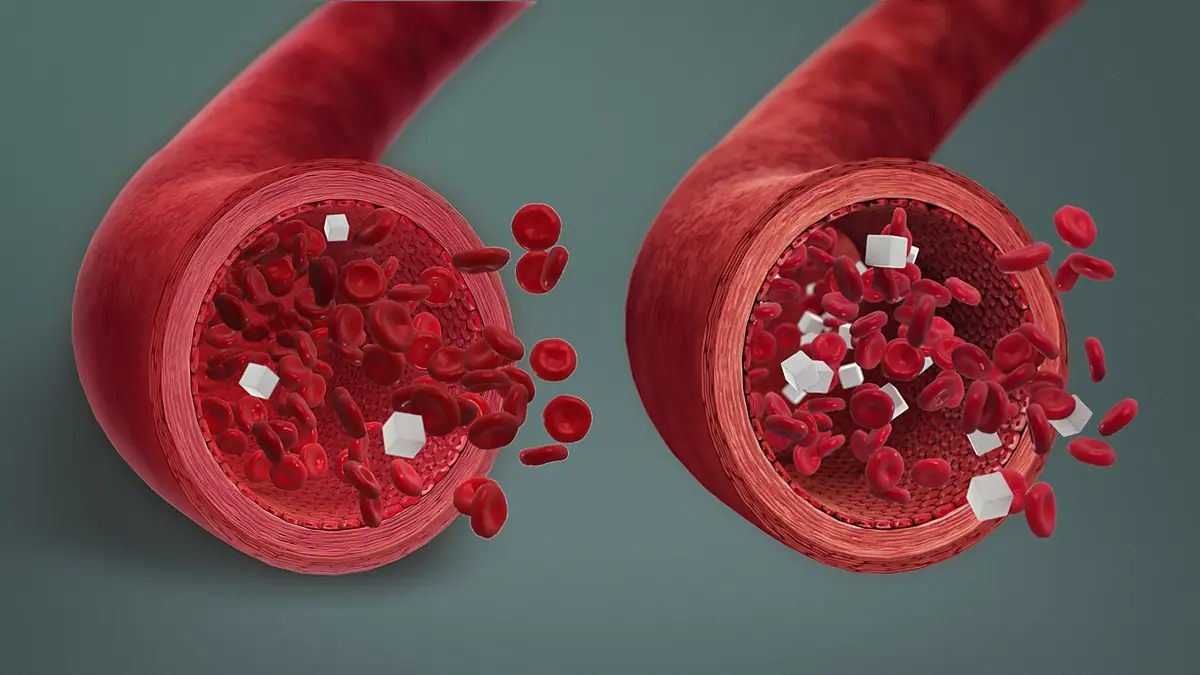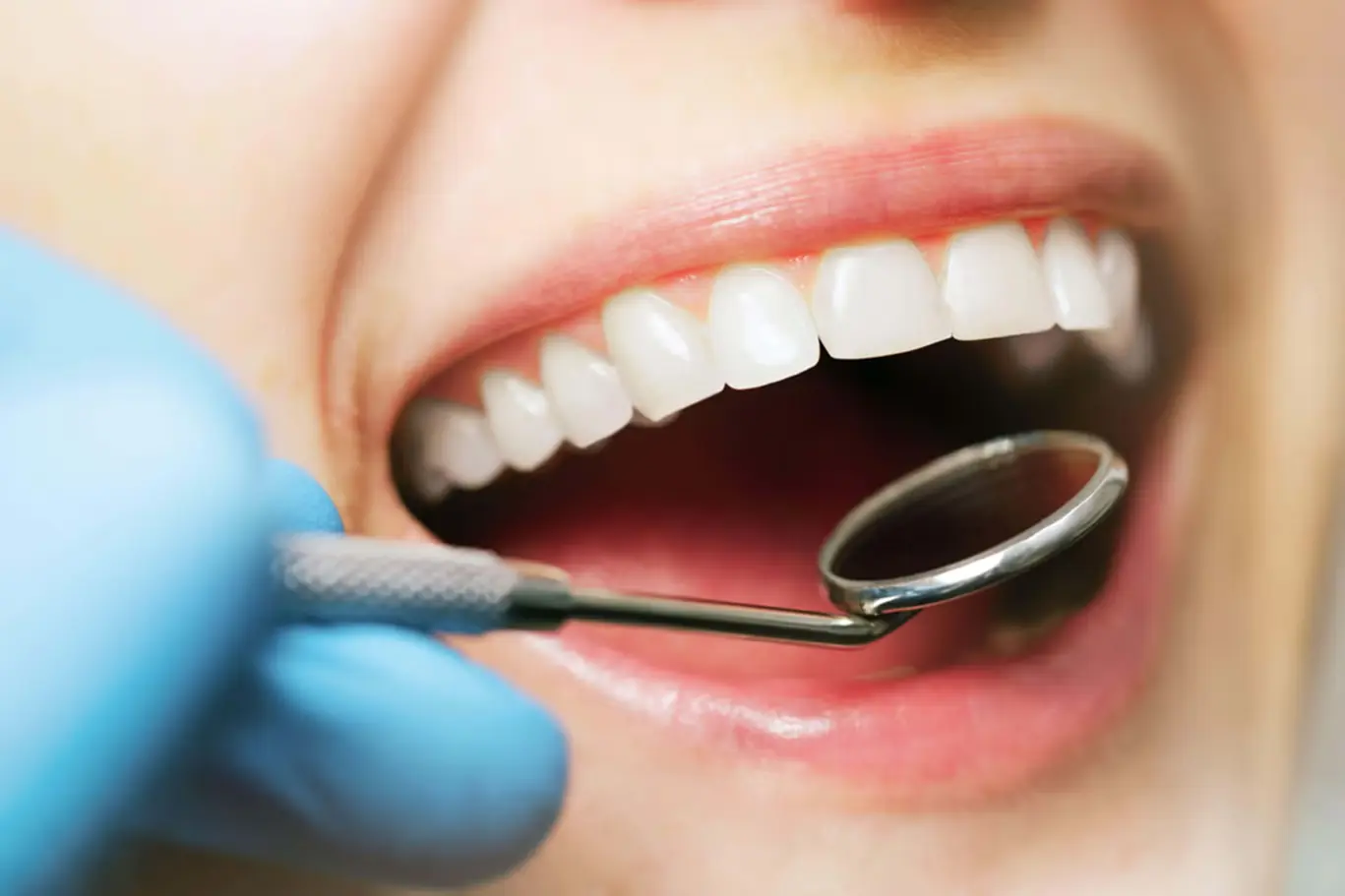Eating a dollar's worth of one popular breakfast item could dramatically reduce the risk of developing Alzheimer's disease, according to a new study.
If you're a fan of a fully-loaded breakfast, and I'm talking the works - bacon, eggs, sausage, french toast and the rest, you might surprisingly be contributing to your mental longevity.
Okay, we're all aware that eating a greasy meal raises your blood pressure and cholesterol, so it's certainly not something you should be doing too often, but an item on the plate of an American breakfast is actually considered a 'superfood'.
Researchers found that choline - which is an essential nutrient that plays a vital role in brain development, nervous system function, and overall health - holds power to help fight off Alzheimer's.


However, our bodies are unable to produce enough of it so we need to consume it in our diet - and it is rich in items like broccoli, peanuts, fish, kidney beans, mushrooms and more.
But the food on your breakfast plate that contributes to as much as 25 percent of your required daily choline intake is in fact an egg.
The 2024 paper, titled 'Association of Egg Intake With Alzheimer's Dementia Risk in Older Adults: The Rush Memory and Aging Project', read in part: "Alzheimer's disease (AD) is a neurodegenerative disorder with increasing prevalence due to population aging.
"Eggs provide many nutrients important for brain health, including choline, omega-3 fatty acids, and lutein.
"Emerging evidence suggests that frequent egg consumption may improve cognitive performance on verbal tests, but whether consumption influences the risk of Alzheimer's dementia and AD is unknown."


It took almost seven years to complete the study, which looked at 1,024 participants with an average age of 81, and in that time 280 people - or 27 percent - developed Alzheimer's.
Participants who ate more than one egg per week lowered the risk of developing Alzheimer’s by as much as 47 percent compared to those who ate fewer eggs, and the same was true for signs of Alzheimer’s seen in brain tissue after death.
Meanwhile, about 39% of the benefit from eating eggs was because of the choline they contain.
The authors of the study, five of which hailed from Boston, while the two studied in Chicago, concluded: "These findings suggest that frequent egg consumption is associated with a lower risk of Alzheimer's dementia and AD pathology, and the association with Alzheimer's dementia is partially mediated through dietary choline."




































